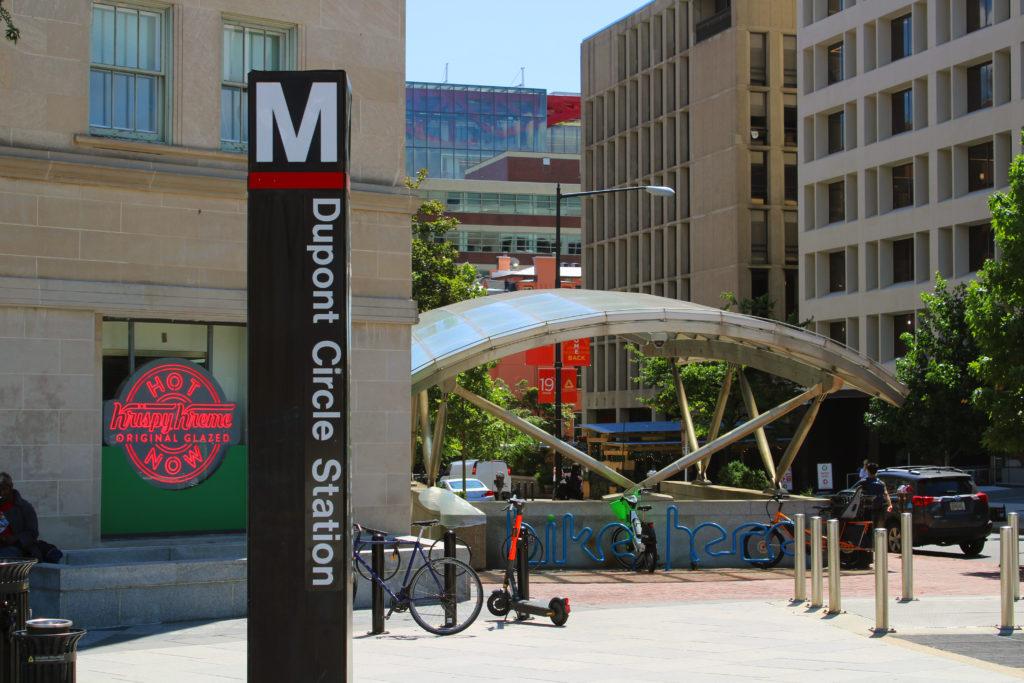The Washington Metropolitan Area Transit Authority released plans Tuesday for reduced service as its quarter-of-a-billion-dollar budget shortfall looms.
Metro leaders released multiple outlines for reduced service for fiscal year 2025 in documents for its Finance and Capital Committee to show the drastic consequences of its projected $750 million budget shortfall, including proposals to close the Metro as early as 9 p.m. and to cut all weekend service. Metro said in the planning document, which outlines different proposals to cut Metro costs, that service cuts alone will not account for the budget gap, as most of Metro’s costs are fixed.
“Regardless of the specific scenario, severe cuts of this scale will trigger the transit death spiral: service cuts will lower ridership and revenue, and will not address the budget gap in future years,” the document states. “Meanwhile, the layoffs required to cut costs will limit Metro’s capacity to deliver service in the future, even if funding is restored.”
The planning document projects stopping all service at 9 p.m., reducing rail service to every 20 to 30 minutes, and either cutting service for all but the 37 most used bus lines or cutting overall service frequency.
Metro is also examining fare increases while balancing customers being priced out. Metro reduced its fare in late June, eliminating higher prices during peak hours with fares ranging between $2 and $6.
GW enrolled in U-Pass in January 2022, with students taking nearly 700,000 trips in the first semester under the program.
Metro’s plans also propose closing 20 to 25 stations either full time or on weekends or closing the entire rail system on weekends.
The plans also propose stopping all bus service at 9 p.m. or midnight. Another proposed service cut involves reducing staffing. The document also proposes switching to four-car trains to reduce overall rail miles and associated power costs.
Ridership has yet to return to pre-pandemic levels, though it has been climbing in recent years. Metro has previously called for help from the federal government, the District, Maryland and Virginia, which collectively fund the system along with fare revenue.
WMATA said previously the shortfall arises because its funding is not dedicated.
Metro board members will meet Thursday to discuss the proposed reduced service plans.





